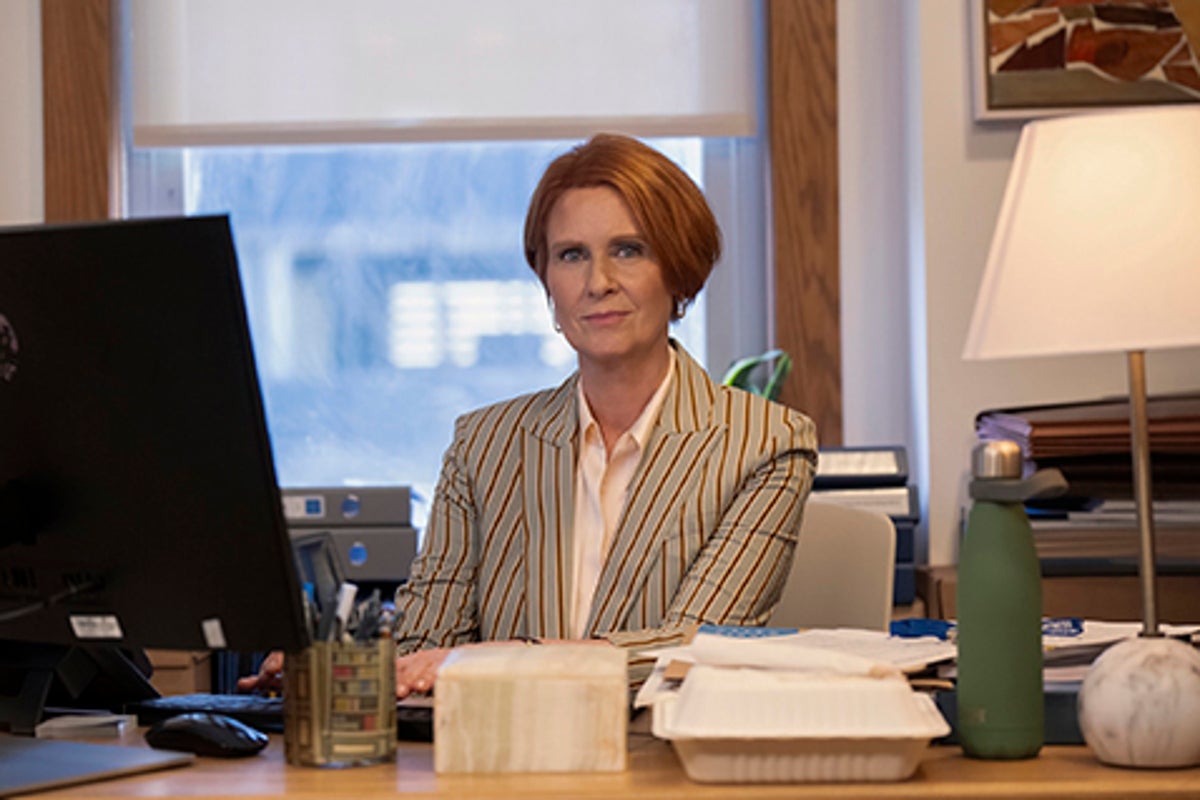It’s always interesting to hear the answer to that time-honoured question: “What advice would you give to your younger self?” The answers range widely. My current favourite? Dame Helen Mirren, who emphatically recommends: “Tell more people to f*** off.” Am with you there, Dame H! But I doubt many would say: “Dump shedloads of extra money into your pension pot every month without fail, because if you don’t, by the time you need it, it’ll be worth precisely sweet FA.”
Not very inspiring? Too far in the future? Why not just enjoy life while you’re young and carefree? Indeed.
For too long, society has clung to an outdated vision of work and retirement: education, career, then a golden age of leisure. For Generation X – my generation – that dream has evaporated like some cheap perfume, replaced by the harsh reality that dignity in retirement is a luxury many of us simply can’t afford. It’s time for a radical rethink.
By midlife, most people’s first careers are fizzling due to burnout, redundancy and boredom. Or maybe a combination of all three. A second career isn’t optional – it’s a necessity, a strategic imperative, and frankly, it makes business sense.
Gen X were the latchkey kids, the MTV generation, the first to navigate the digital revolution. We’ve constantly adapted and reinvented. And yet, despite our agility, we’ve been failed by a system that hasn’t kept pace.
We entered the workforce just as defined benefit pensions were disappearing, replaced by volatile defined contribution schemes. We’ve weathered multiple recessions, a financial crash, a pandemic, and now face crushing living costs – all while our pension pots shrink and the official retirement age recedes into the mist.
This week, work and pensions secretary Liz Kendall launched a review into the state pension age and revived the Pensions Commission. The warning: “Tomorrow’s pensioners will be poorer than today’s.” That’s an understatement, especially for midlife women – the picture is even bleaker. Thanks to the persistent gender pay gap, women retire with pension pots around half the size of men’s – a gap of roughly 50-55 per cent.
We don’t need another government review to tell us what we already know: the retirement age is rising, and the money in the system isn’t enough – especially when the population is ageing, not getting younger.
So, with some muting, the retirement age could move to 71. What’s the plan?
I’ve got a cunning one. Employ midlifers, and especially women who are at the sharp end of gendered ageism in the workplace.
For the first time ever, 38 per cent of the UK population is over 50, compared to just 24 per cent aged 20 and under. As the birth rate dwindles, the older group is only going to grow. Before you roll your eyes, let me ask: what’s not to like?

open image in gallery
Gen-Xers like me have wisdom, resilience, and a lifetime of skills – yet we’re still the first in line for redundancy (Jacquie Duckworth)
We came of age during punk and raves. Midlifers aren’t going to cower in the corner because “all this new-fangled tech” is beyond them? That we’d wag our fingers and preach “Back in my day…” like some bad cliche? That just because we’ve got a few wrinkles and greying hair, we’re past learning new tricks?
The reality is midlifers, especially women, are bloody brilliant.
We proved ourselves to be the generation that soldiers on – regardless of what life throws at us. We have wisdom, resilience, and a lifetime of skills. Yet, somehow, we’re still the first in line for redundancy. Why? Because employers believe we can be replaced by cheaper, younger, less experienced versions of ourselves. That’s not just counterintuitive – it’s delusional.
My business, Visible Start, exists to challenge this. We run a work programme for midlife women. I’ve been doing this for four years, and every cohort brings humbling, infuriating stories of how hard it is to restart their careers in their fifties.
While they are looking at up to 17 years of working before the current official retirement age, they’re ghosted by employers, filtered out by AI screening bots and terrified about their “CV gaps” if they have them.
I push back, hard: those are not gaps. Those were years spent raising children, caring for elderly relatives, running households – often all at once. These women have developed strategic, organisational, and emotional skills that any workplace would be lucky to have.

open image in gallery
Women are likely to retire with pension pots that are half the size of men’s (Getty/iStock)
Our returners programme empowers these women with the confidence, tools and learnings that equip them to get back into the workforce for their second chance. We have a community of over 2,000 alumni fired up and ready to kickstart their second careers and add value to business.
These aren’t sagging blue rinse oldies – but the cool, confident, bring-it-on brigade. And it’s just as well they have a kick-ass attitude because the hostility they face can be enormous. We had one alumnus interviewed by a female hiring manager who insisted on switching off her camera for the Zoom call – as soon as she saw the candidate was a midlife woman. I’ll just let that sink in.
This kind of ageism starts at the hiring manager level and gets reinforced across industries. According to Totaljobs, the average age at which candidates are considered “too old” is 57. Throw “woman” into the mix, and the cut-off is even younger.
We are willingly discarding candidates with decades of work left in the tank – just when they are often released of family responsibilities, which means they have the most to offer.
It’s time to flip the narrative. Instead of seeing us as Oliver Twists with a begging bowl asking for a break, employers need to understand why they need us in their organisations more than ever. We bring experience, we bring calm under pressure, we bring perspective, leadership and emotional intelligence in a world of AI – and grit when it is needed most.

open image in gallery
‘We’re fighting to change a system that, if left unchecked, will fail you too’ (Getty/iStock)
This is backed by data, too. McKinsey reports a 25 per cent boost in profitability for companies with gender diversity on executive teams. Other studies show that mid-career and senior women bring adaptability, inclusive leadership, and strategic experience that directly impact a company’s resilience and bottom line.
Hiring midlife women isn’t charity. It’s good business.
And we’re not just doing this for ourselves. I often say to younger generations: we have been in your shoes. You have not been in ours. We’re fighting to change a system that, if left unchecked, will fail you too. Because if we don’t fix this? You’re next.
We’re forging a path so that when you reach our stage, you’re not met with the same invisibility, the same obstacles, the same toxic assumptions. We are creating a world where multi-generational teams thrive and careers can stretch confidently into later life. When wisdom is welcomed – not phased out – we will all be able to retire in dignity, not poverty. Now wouldn’t that be fantastic?

